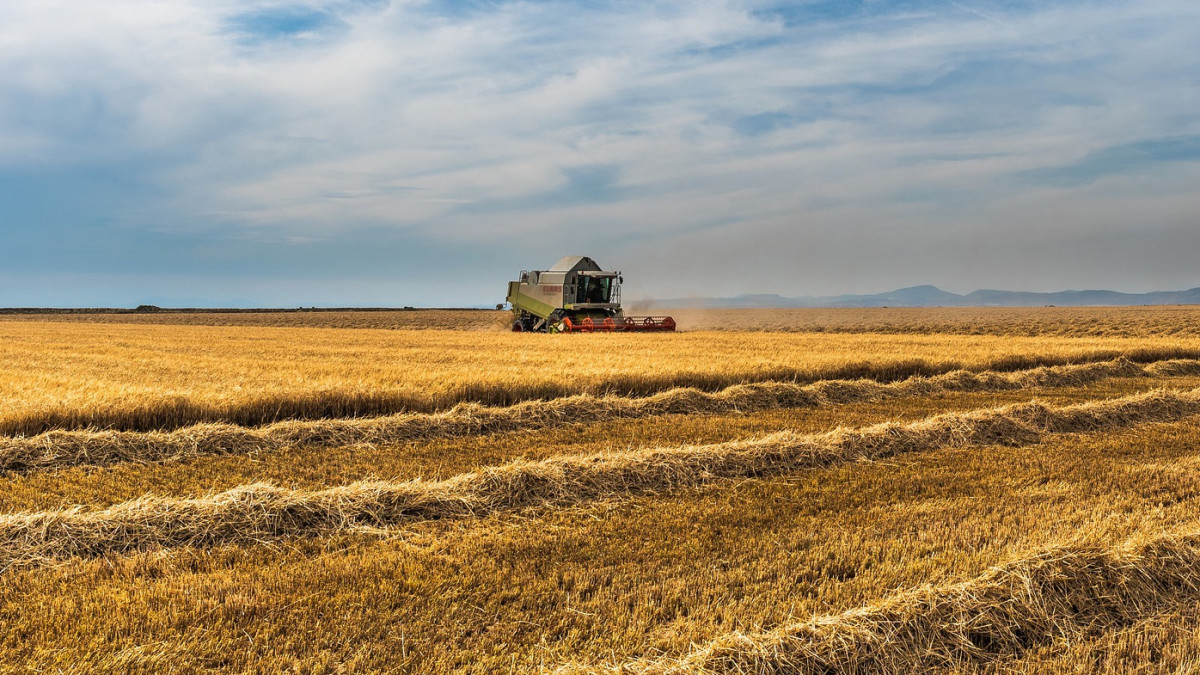Hungary will protect the interests of Hungarian farmers by any means and at all costs, even if the European Union does not extend the EU ban on imports of Ukrainian grain after Sept. 15, Hungarian Agriculture Minister István Nagy said in Brussels on Tuesday.
“We must insist that the measure be maintained, as we cannot allow Hungarian reservoirs to be refilled with Ukrainian stocks,” he stressed.
“The measure must be extended until after the harvest to make room for our own harvest. If no Ukrainian grain arrives in the country, there will be room for Hungarian crops,” Nagy said.
He said the Black Sea ports are closed, and the extension of the grain agreement has failed, meaning that the Russian side will not agree to deliver grain by sea. If the 40 million tons of Ukrainian grain reaches the EU’s internal market, traditional European agriculture will collapse, he warned.
Hungary proposes ban extension
“We therefore propose that the EU extend the moratorium until at least the end of the year,” the minister told journalists, adding that Hungary has also proposed that the EU should grant transit fee subsidies to Ukrainian grain shipments to ensure that Ukrainian grain can reach traditional markets from Europe.
“Don’t make the internal markets of the European Union more difficult, but get (the grain) to where the lack of it is very dangerous, as starvation could create a wave of migration that would again put a strain on the European Union’s economy and create other very difficult problems,” he added.
“If we want to help, if we really want to serve humanitarian purposes, we must be able to help Ukrainian farmers, help the Ukrainian state, and help all the member states of the European Union, all at the same time, because we are relieving them of market disruptions. This way, we can also help those countries that very much need this food,” Nagy said.
EU’s blanket pesticide reduction is wrong
Regarding the decrease in the use of pesticides, the agriculture minister said Hungary agrees that the use of pesticides should be reduced because it is important for health and food quality. However, he disagrees with the proposal that all member states should decrease their use by 50 percent.
“It is not acceptable that a country that uses three times more pesticides than Hungary reduces their use of these products by 50 percent. Hungary halved its use of pesticides when it joined the EU. It is impossible to halve it again,” Nagy explained.






